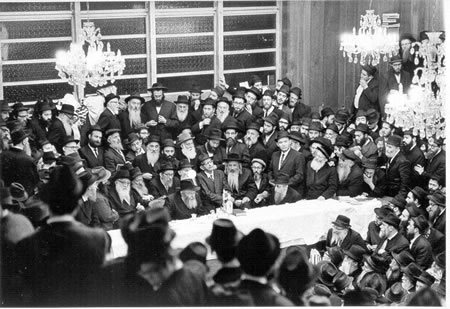Sefer Devorim
Our Rabbis tell us that Moshe Rabeinu gave us the previous four parts of the Torah, “mipi hagvura,” from G-d’s mouth, and the fifth and final part of the Torah, “mipi atzmo,” from himself. The meaning of this is as follows: From G-d’s mouth, so to speak, means that G-d transmitted the information to Moshe Rabeinu and Moshe Rabeinu put it in writing. The writing was free of any of Moshe Rabeinu’s perspective, it was a direct transmission. From Moshe Rabeinu…









